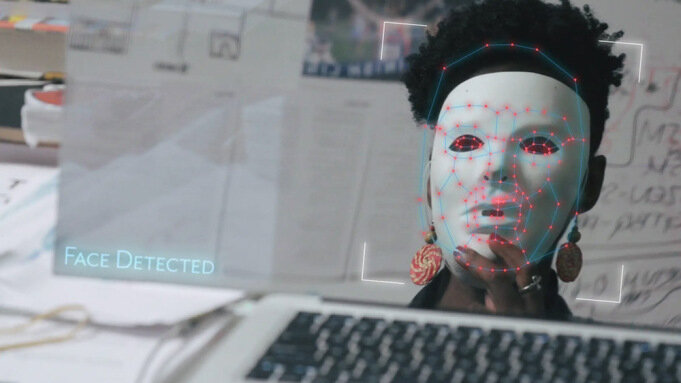ON DATA
Counter of average amount spend by the police in England and Wales since the beginning of the tax year
Our project We May Meet One Day (WMMOD) was based on data leaked for the purpose of public scrutiny, dumped online by an anonymous user who published the entire contents of the defunct neo-Nazi forum Iron March; exposing the personal information of more than 1,200 members, including individual IP addresses and locations, and - in some cases- their real names. The amount of information and the geographic reach of the forum allowed for a wide view of the movement and gave insight into how the far-right is mobilising globally. And because it was open, the public was able to come together to undertake a crowdsourced investigation, presenting an opportunity for anyone to engage with the data and search for patterns. This volume of data also aided in making individual arrests, such as the British police officer recently convictedof belonging to the extremist group National Action, who was found to be an active member of Iron March.
Although most users are not likely to use their real names or provide real contact details, investigators are presented with a myriad of new tools and information with which to identify people. In fact there’s a lot of damage that one can do with ‘publicly available information’ - data that we all simply put out into the world while exerting our right to communicate over what should be a more democratic world wide web. It’s important then to make a distinction between Open Source Intelligence (OSINT) and Social Media Intelligence (SOCMINT). OSINT is intelligence collected from publicly available sources, including the internet, newspapers, radio, television, government reports and professional and academic literature. While SOCMINT can be defined as “the analytical exploitation of information available on social media networks”.
A data visualisation of the frequency of different letter combinations in this months text
The overwhelming volume and variety of digital information posted to social media everyday is made possible through the growing number of mobile devices, sensors and tracking tools ever present in our pockets. Would you mind if, every time you posted a comment on Twitter, Facebook or another social media platform, it was logged by the police? It’s publicly available information, does that mean it’s fair game? It is arguable that a tweet is not private because you cannot control its audience. However, that does not automatically make it public, or within the purview of the police. SOCMINT does not easily fit into either the category of public or private. We can argue that it is instead a pseudo-private space, where there is an expectation of privacy from the state. Still we know social media is being used by the UK government to track asylum seekers, threatening their access to social benefits, and by police to target people attending protests.
Take action against the spying on asylum seekers via Privacy International
On another front, companies are abusing SOCMINT too. Clearview AI - whose CEO is known to be connected to the far right - and its cousin company Pimeyes have built huge databases for global facial recognition systems by collecting our faces from social media. This technology in particular risks becoming systematically weaponised against marginalised communities, while most of Clearviews’ clients are law enforcement agencies all around the world. As more studies emerge confirming that machines perpetuate existing biases while benefiting from a false sense of objectivity and neutrality, it is important to recognise that these technologies need scrutiny. As computer scientist and digital activist Joy Buolamwini puts it: “The progress made in the Civil Rights Era could be rolled back in the guise of machine neutrality … Left unregulated, there’s no kind of recourse if this power is abused.”
Data can be a powerful tool, to hold governments and corporations to account, and with the vast amount of data available there are numerous stories to tell. However with the increasingly central role data and technologies have in every aspect of our lives, we must be mindful that the data we share, whether knowingly or unknowingly, might be used against us.
You can protect yourself from online tracking while disrupting the targeted advertising industry feeding on your online behaviour here and limit your online footprint to keep shady companies away from your data here.
If you want to take action about the ever-growing surveillance industry and you are an EU citizen, there is an ongoing campaign to “Reclaim Your Face”, calling on the European Commission to strictly regulate the use of biometric technologies within the EU. Ideally to prohibit, indiscriminate or arbitrary use of biometrics, which could put us all at risk of unlawful mass surveillance.
From the documentary Coded Bias



